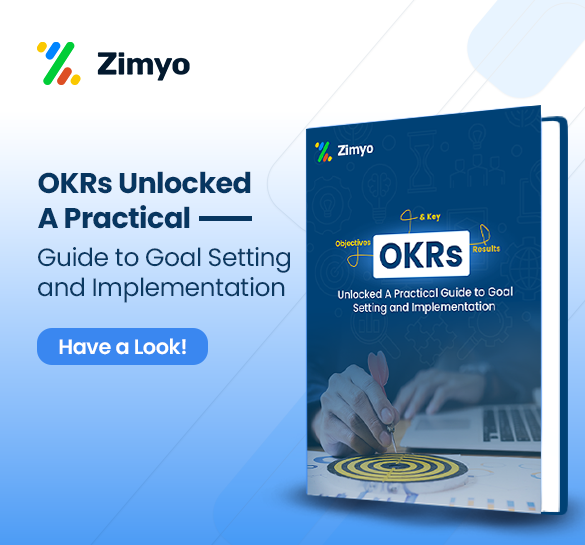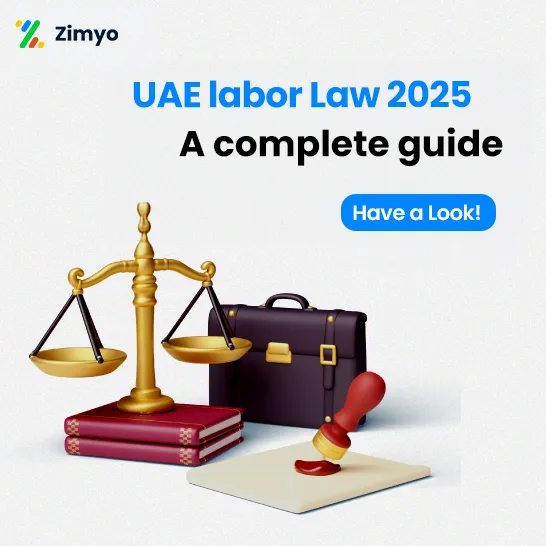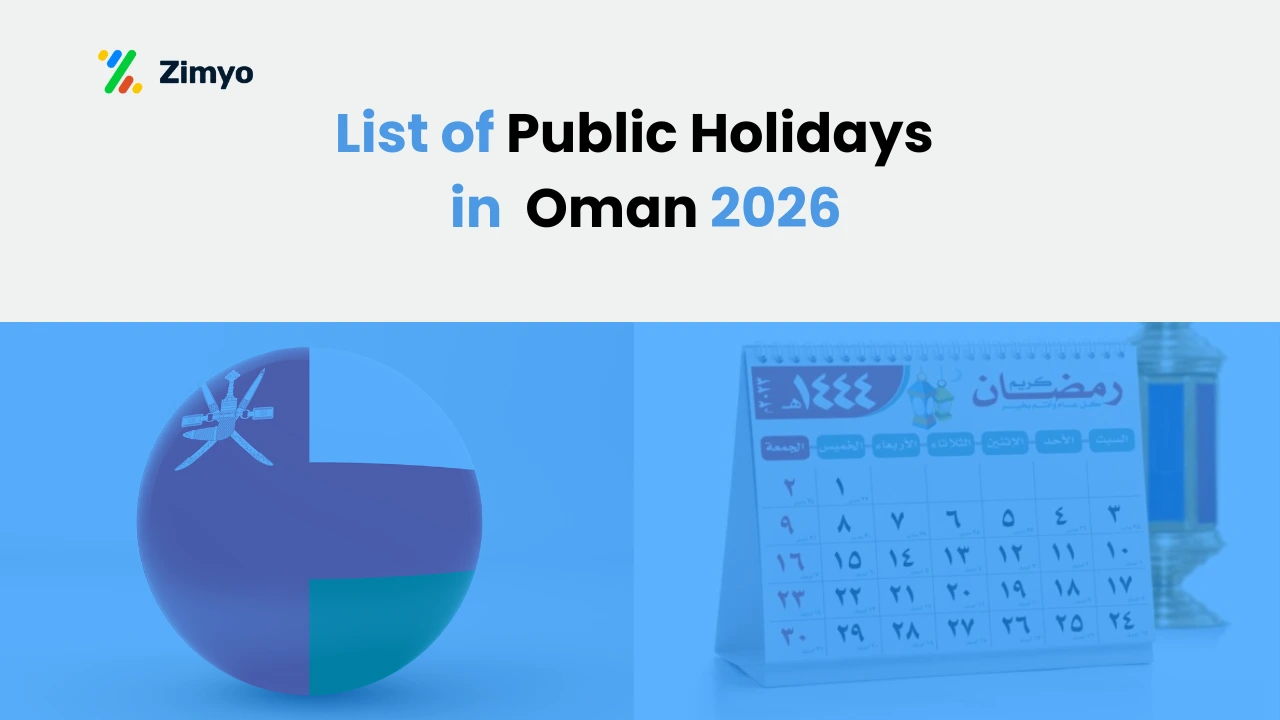Qatar’s economy is considered as the most thriving in the Middle East. Therefore, country’s rapidly expanding economy attracts international laborers, placing them in a highly competitive job market.
Moreover, Qatar maintains an employment infrastructure that is transparent, employee-friendly, and competitive with Western economies.
The primary area of law that all employers need to be familiar with is the Qatar employment Law. In order to better serve both local and foreign workers, the country has recently made significant modifications to Qatar employment laws to bring them into compliance with international norms.
This blog covers the changes to Qatar employment law that businesses need to be aware of in 2024.

Understanding the Concept of Qatar Employment Law
Qatar employment law is crucial for creating a balanced work environment for both employers and employees. Moreover, the country’s labor law No. 14 of 2004, along with amendments, states clear guidelines to protect workers’ rights while supporting business stability.
To avoid disputes, employment contracts that specify rights, wages, working hours, and other conditions must be in writing.
Employers must pay wages on time and adhere to limits on working hours, along with providing overtime pay. Additionally, employees are guaranteed end-of-service gratuities, providing them financial stability after their employment ends.
In addition, employers have a responsibility to maintain a safe workplace and to honor employees’ rights to paid time off. Furthermore, employers can ensure compliance, lower attrition, and promote harmony in the workplace by submitting to the Qatar employment laws.
Working Hours and Overtime in Qatar Employment Law
Working hours according to the Qatar employment law are generally 48 hours a week, divided into six days, with a maximum of eight hours each day.
Hence, this structure enables companies to function effectively while ensuring employees retain a good work-life balance.
- Overtime hours
Overtime according to the Qatar employment law states that employee working beyond the standard 8 hours a day qualifies as overtime.
However, during Ramadan, employers reduce working hours to 6 hours per day, and they calculate overtime for any work beyond this limit.
- Compensation
The minimum amount of overtime compensation that an employee gets as written in Qatar employment law is 125% of their normal hourly wage.
Additionally, this increased rate ensures employers provide equal treatment by compensating employees for overtime work.
- Rest periods
During working hours, employees have the right to rest times. However, the break must be a minimum one-hour after working for five straight hours as mentioned in Qatar employment law.
Meanwhile, employers do not include this break when calculating the total working hours. In addition, unless otherwise specified, employees should have a weekly rest day, usually on Friday.
Get your business in sync with Qatar’s latest labor laws!
Types of Leaves in Qatar Employment Law
In Qatar employment law, there are various types of leave, such as annual, sick, and maternity leave, and the conditions for eligibility.
1. Annual Leave
In Qatar employment law, employees are eligible for annual leave after the completion of one year of continuous service with their employer.
Additionally, employees with 1-5 years of service are eligible for 3 weeks (21 days) of paid leave annually.
Moreover, employees with more than 5 years of service are eligible for 4 weeks (28 days) of paid leave.
2. Sick Leave
Employees are eligible to sick leave after a three-month probationary period if they present a medical certificate from an authorized doctor.
Moreover, sick leave is completely paid for the first two weeks. Also, employees get half pay for the next four weeks. In addition, the leave ends unpaid after six weeks, all as per Qatar employment law.
3. Maternity Leave
Furthermore, Qatar employment law grants maternity leave to female employees who have worked for their organization for at least one year.
Additionally, the 50 days of maternity leave cover both pre- and post-delivery periods.
Moreover, fully paid leave comes with the chance to take further unpaid absence in the case that pregnancy-related or delivery-related medical issues arise.

Employment Contracts in Qatar Employment Law
Employment contracts in Qatar are legally binding contracts between employers and employees that set out the terms and conditions of employment.
Additionally, these contracts are essential because they clarify and prevent disagreements by clarifying both parties’ roles, responsibilities, and expectations. Meanwhile, the country signifies essentially three types of work contracts as mentioned in the Qatar employment law:
- Fixed term contracts
These contracts have a set period of time, usually up to five years. Moreover, it might include the probationary period, following which termination is dependent upon mutual consent.
- Indefinite term contracts
Qatar employment law also states that employers have the opportunity to recruit employees on an indefinite basis when they have indefinite contracts.
In addition, these contracts have no set time limit and last until either side wants to end them.
- Job completion
Contracts for temporary labor, also known as completion contracts, are short-term contracts that should not last longer than four weeks.
In case both sides agree, they may be extended for a further period of time.
Navigate Qatar’s employment laws and keep your business running smoothly!
Termination and Resignation in Qatar Employment Law
The legal process in Qatar employment law for terminating or resigning an employee is designed to be fair for employers and employees.
First and foremost, if an employer wants to terminate an employee, they must give a good reason along with the notice, which might be anything from one to three months, depending on the conditions of their employment contract.
And if a company terminates an employee without warning or a valid reason, they may be forced to offer compensation. Likewise, in the case that an employee decides to leave, they should respect the agreed notice time.
In addition, the employee may lose some perks or face consequences if they fail to give the proper notice.
Moreover, as stated in Qatar employment law, employees who have worked for the organization for a year or more are eligible for an end-of-service gratuity upon termination or resignation.
When an employee meets the legal standards, they will get a severance payment that is specifically calculated as 21 days’ wages for every year of service.
Wages and End-of-Service Benefits in Qatar Employment Law
Minimum wages
In Qatar employment law, the country does not have a national minimum wage law that applies to all industries.
Rather, minimum wage laws are frequently customized for particular groups of workers, especially those employed in specific sectors or in low-skilled positions.
Furthermore, Qatar established a minimum wage of QAR 1,000 per month for foreign workers in 2020.
As a result, the amount is used to make sure that employees get a minimum wage. Besides, employers must offer food, housing, and/or a monetary stipend in case that they are not provided.
End-of-service
In Qatar employment law, employees who leave their employment early are eligible for end-of-service benefits.
Furthermore, employees who have worked for less than five years are eligible for a gratuity of three weeks’ earnings every year, as specified by the labor law of Qatar.
Moreover, in Qatar employment law, the employee has the right to a gratuity equivalent to one month’s wage for each year they work after the first five.
Additional rights include :
- Payment of all outstanding benefits and wages
- Compensation for wrongful dismissal, if proven
- Issuance of experience certificate
- Payment of accrued but unused paid leaves
- Provision of a return ticket if the employee is a foreigner and not able to obtain a new work visa within 90 days of the termination date

Employee Rights in Qatar Employment Law
The 2024 amendments to Qatar’s labor law demonstrate the country’s commitment to safeguarding the rights of employees and welfare.
First of all, fairness in employment, compensation, and working conditions is ensured by the law, which prohibits discrimination on the basis of race, gender, nationality, or religion.
Furthermore, it is mandatory for employers to provide a secure workplace, shielding employees from any risks at work and ensuring that appropriate health and safety protocols are implemented.
Additionally, laws require that employees not be subjected to forced labor or exploitative conditions, so strengthening their rights.
Overall, these safeguards enhance employee well-being and corporate integrity by promoting a just and safe workplace.
Wrapping Up
To sum up, Qatar employment laws has significantly advanced its laws to ensure a fair and transparent working relationship between organizations and employees.
Moreover, the country has established a legal framework that provides worker protections—such as equitable wages, safe workplaces, and anti-discrimination laws—priority by conforming to international standards.
In addition, the implementation of minimum wage laws and the focus on end-of-service gratuities help to further protect employees’ financial security.
As a result, Zimyo’s HR solutions, integrated with these legal frameworks, help organizations sustain compliance while boosting a positive employee experience.
Alas, Qatar employment laws not only encourage fairness but also support Qatar’s increasing appeal as a worldwide labor destination.
Master Qatar’s labor laws and keep your business in the fast lane!
FAQs (Frequently Asked Questions)
Starting September 1, 2024, traffic violators cannot leave Qatar without paying fines via the Metrash2 app, Ministry of Interior website, traffic sections, or unified service centers.
Foreign employees require a work permit and a residence permit before they can begin working in Qatar.
Qatar’s minimum wage is QAR 1,000 which is applicable to all employees in the sector.
Qatar includes fixed-term, indefinite-term, part-time, temporary, and project-based contracts, all of which can be effectively managed using Zimyo’s contract management tools.
































